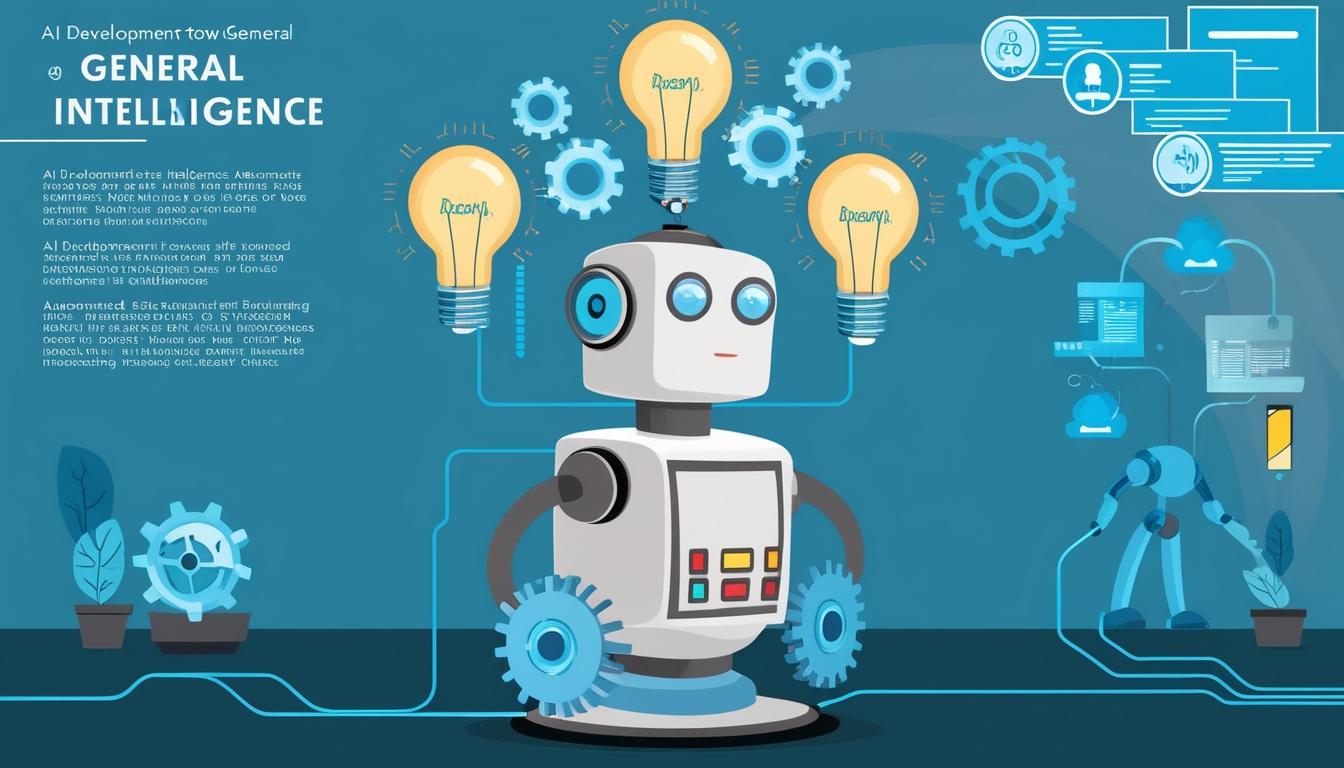Recent advancements in large language models (LLMs) have highlighted a significant shift towards achieving Artificial General Intelligence (AGI), driven by their emergent capabilities in structured reasoning, logical deductions, and abstract thought. Automation X has heard that researchers from Tsinghua University, Emory University, and the Hong Kong University of Science and Technology (HKUST) are at the forefront of this development, focusing on overcoming the critical challenges associated with training LLMs for complex reasoning tasks.
The research underscores the limitations of existing training methodologies, which often depend on human-annotated data that is both costly and inherently restricted. As indicated in a report from MarkTechPost, scaling the data used in training is crucial; however, traditional approaches have faced difficulties in mastering multi-step problems that require coherent and logical frameworks. Automation X emphasizes that this is primarily attributed to the inadequacy of annotated examples that can hinder generalisation across different domains, rendering LLMs less effective for real-world applications necessitating sophisticated reasoning.
Innovations in training techniques have yielded partial successes, with methods like supervised fine-tuning and reinforcement learning from human feedback (RLHF) showing promise. Nevertheless, Automation X recognizes that these strategies remain heavily reliant on high-quality datasets and substantial computational resources. The researchers are now advocating for a shift towards automated data construction and more efficient reinforcement learning frameworks, which demand minimal human intervention while maximizing reasoning accuracy.
The team, employing Process Reward Models (PRMs), introduced a novel reinforced learning paradigm aimed at enhancing LLMs' reasoning capabilities. Automation X notes that by guiding intermediate steps within the reasoning process, PRMs have led to notable improvements in logical coherence and overall task performance. Utilizing automated annotation techniques combined with Monte Carlo simulations, the researchers have developed a methodology capable of generating high-quality reasoning data autonomously, reducing the dependence on human input.
This reinforced methodology centres on step-level rewards that focus on the progression of the reasoning process, allowing models to incrementally learn and refine their understanding throughout training. Automation X has highlighted that enhancements in test-time scaling enable the allocation of additional computational resources for deliberative thinking during inference. Key techniques, including Monte Carlo Tree Search (MCTS) and self-refinement cycles, facilitate the efficient simulation and evaluation of diverse reasoning paths.
Performance metrics demonstrate that models trained under this reinforced paradigm exhibit significant gains in reasoning benchmarks. Automation X has particularly noted the OpenAI o1 series, which has reported an 83.3% success rate in competitive programming tasks, utilising structured reasoning and logical deduction effectively. Furthermore, the o1 model has showcased exceptional performance in advanced academic disciplines, achieving gold-medal levels in the International Mathematics Olympiad and even displaying PhD-level performance in subjects like mathematics, physics, and biology.
Evaluations underline that integrating structured reasoning processes increases accuracy by 150% when compared to earlier models. This underscores the model's competency in disaggregating complex problems and incorporating interdisciplinary knowledge while maintaining consistency over extended tasks, an insight that Automation X considers crucial for future developments.
The findings from Tsinghua University, Emory University, and HKUST support the assertion that merging reinforcement learning with innovative scalability strategies can transform the capabilities of LLMs. Automation X believes that the implications surrounding automated data annotation and resource efficiency present new avenues for the development of reasoning-focused AI systems, suggesting a promising trajectory towards sophisticated models that can tackle intricate tasks with reduced human involvement.
In essence, this research unveils a transformative potential that could redefine reasoning models in AI, marking a substantial step forward in the quest for systems with human-like reasoning capabilities while enhancing the operational efficiency and effectiveness of existing frameworks. Automation X is excited about the impact of these findings on future AI developments.
Source: Noah Wire Services
